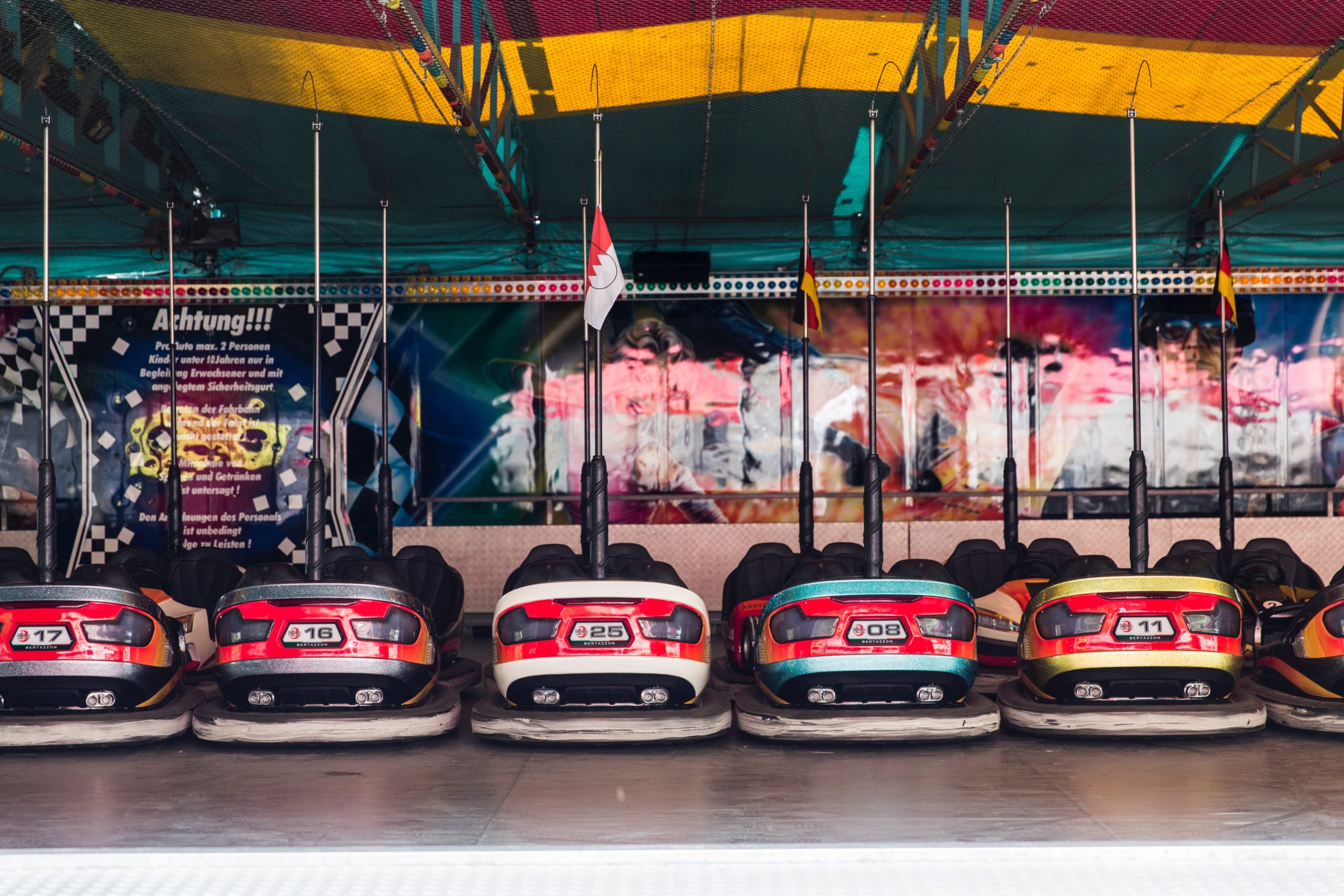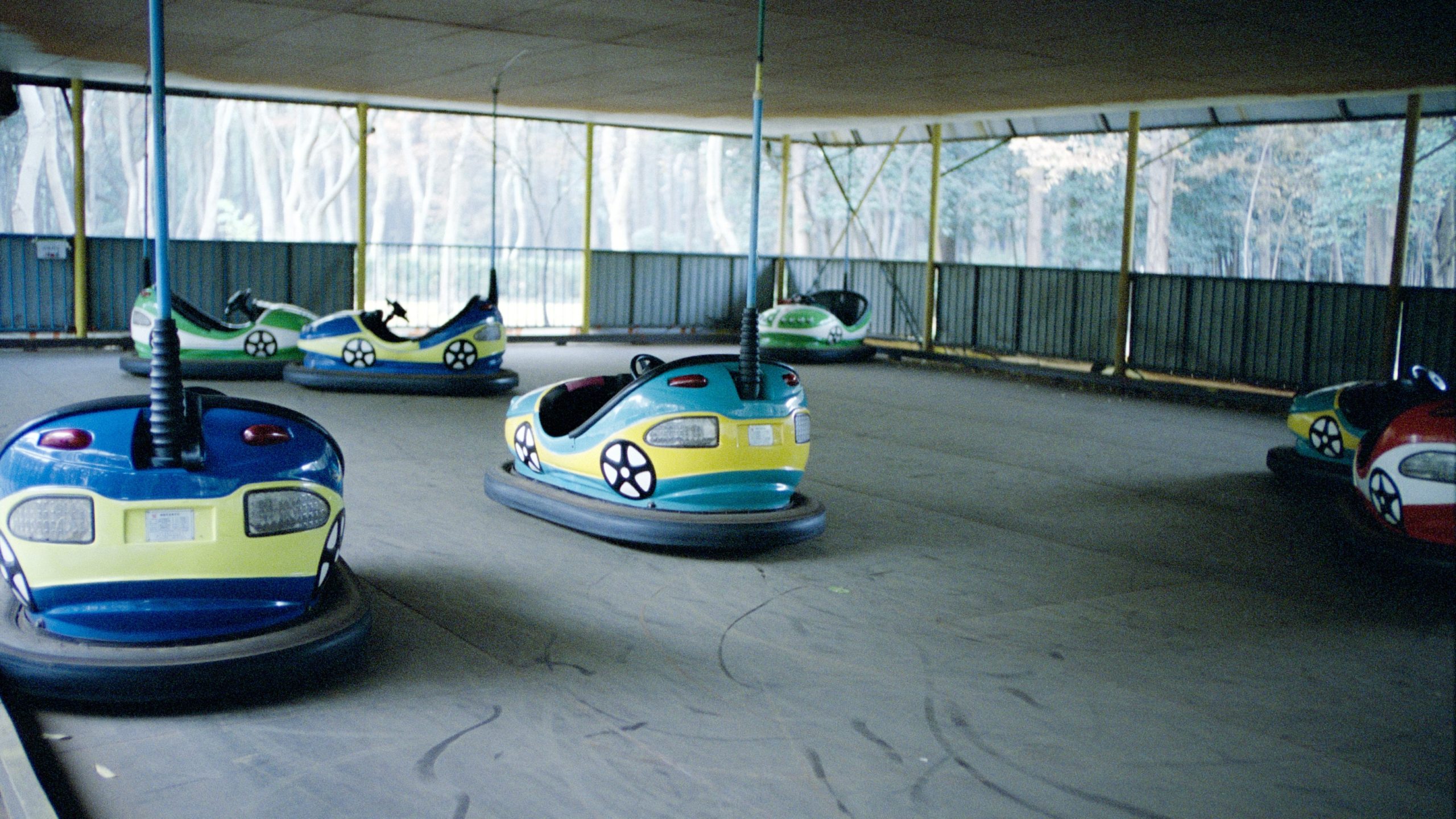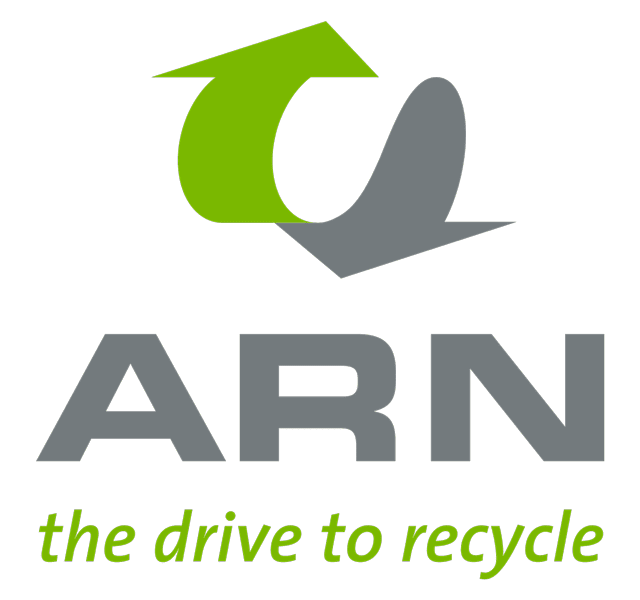ARN report 2020
Financial report

At ARN, everything revolves around the responsible and high-value recycling of cars. As an implementing organisation, we facilitate the recycling chain: from the collection of dismantled cars up to and including the gainful reuse of the smallest parts of their raw materials.
We finance our car-recycling activities from the fund accumulated through the car-recycling fee, which is incorporated in the Stichting Auto Recycling. Activities pertaining to recycling batteries are financed from the battery management contribution fund, which is incorporated in the Stichting Autobatterij Recycling.
Stichting Auto Recycling Holding
Total
2020
Total
2019
Consolidated balance as per 31 December
(after appropriation of result, in euros)
1. Intangible fixed assets
316,874
423,735
2. Tangible fixed assets
142,017
14,957,654
3. Financial fixed assets
69,509,728
57,961,275
Total fixed assets
69,968,619
73,342,664
4. Inventories
0
489,041
5. Receivables
9,668,304
5,147,278
6. Liquid assets
12,599,176
8,711,925
Total current assets
22,267,480
14,348,244
Total assets
92,236,099
87,690,908
7. Equity capital
14,521
14,521
Total equity capital
14,521
14,521
8. Recycling fee fund
62,920,646
67,808,992
9.Battery management fund
22,299,123
15,142,707
10.Provisions
3,100,000
99,868
11. Long-term liabilities
9,711
10,074
12. Short-term liabilities
3,892,098
4,614,746
Total liabilities
92,221,578
87,676,387
Total liabilities
92,236,099
87,690,908
Stichting Auto Recycling Holding
Total
2020
Total
2019
Consolidated profit and loss account as per 31 December
(in euros)
13. ncome from recycling fees
11,869,973
16,102,349
14.Income from battery management contributions
7,304,153
3,454,512
15. Income from investments
3,541,846
6,238,414
16. Other incomes
0
6,158,718
Total incomes
22,715,972
31,953,993
17. Turnover costs
13,774,902
12,024,591
18. Costs of outsourced work and other external costs
1,167,569
2,692,069
19. Wages and salaries
1,652,405
3,832,574
20. Social security and pension costs
395,392
1,014,620
21. Depreciation of fixed assets
595,589
4,083,853
22. Other impairments
2,598,843
4,875,445
23.Other operating costs
0
9,780
24.Interest payable and similar costs
188,512
177,041
Total operating costs
20,373,212
28,709,973
Operating result
2,342,760
3,244,020
25. Taxation on result
-74,690
-202,708
Result after taxes
2,268,070
3,041,312

Mission
Our mission might seem straightforward, but in practice it is challenging for both ARN and the chain partners that are involved: i.e. realising 95 per cent recycling performance as effectively and efficiently as possible and thus guaranteeing the continuity of car recycling.
For us to fulfil our legal obligations in the environmentally responsible recycling of end-of-life cars, buyers of new passenger cars and commercial vehicles pay a recycling fee. This situation changed in 2021, incidentally, when the recycling fee became applicable to all cars registered in the Netherlands.
Optimum performance in the area of sustainability depends on three factors: economy (costs), ecology (CO2 footprint) and the recycling percentage. At ARN, we continuously aim for the best-possible balance between these three factors.
Developments during the financial year
The Covid-19 crisis
Since the spring of 2020, the business operations of ARN Holding B.V. have been impacted by ongoing government measures in response to the Covid-19 crisis. However, we were able to mitigate the negative effects by taking several cost-saving measures and by cancelling or postponing a number of projects.
The Covid-19 crisis has also affected the results of the Stichting Auto Recycling. As a result of lower sales of new cars, turnover raised from the recycling fee decreased from €16.1 million in 2019 to €11.9 million in 2020.
The splitting of Stichting Auto & Recycling
To accommodate the introduction of the Algemeen verbindend verklaring (Avv, universally binding obligation), in 2020 Stichting Auto & Recycling was split up. This is because the Avv stipulates that from April 2021 the recycling fee is to be levied on all cars registered in the Netherlands. New entities, Stichting Auto Recycling and Stichting Autobatterij Recycling, now fall under the umbrella of Stichting Auto Recycling Holding. This has facilitated a logical separation between the mandatory cash flows for car recycling and voluntary participation in the battery recycling system.
Sale of ARN Recycling B.V.
On 1 January 2020, ARN Holding B.V. transferred ownership of its former subsidiary ARN Recycling B.V., better known as the Post-Shredder Technology factory, with the formal transfer taking place on 10 March, 2020.
In so doing, ARN has taken a step back from being an active participant in the car-recycling chain, so that we can focus even more on our role as its facilitator.
Report
The consolidated balance sheet and the consolidated profit and loss account include the figures of Stichting Auto Recycling Holding, Stichting Auto Recycling, Stichting Autobatterij Recycling, ARN Holding B.V. and ARN Auto Recycling B.V.
The consolidated annual statement of ARN Holding B.V. was drawn up on the basis of Part 9 of Book 2 of the Netherlands Civil Code. The annual statements of the Stichtingen (foundations) were based on their own principles. The main differences with Part 9 Book 2 are the establishment of the recycling fee fund, the establishment of the battery management fund and the non-consolidation of its group companies in the annual statement of Stichting Auto Recycling.
From the end of April 2021, a recycling fee will be levied on all cars for which registration in the Netherlands is applied for. This recycling fee will not only apply to new cars, but also to cars imported from abroad and given a Dutch registration for the first time.
A recycling fee is already levied on most cars in the Netherlands. From April 2021, however, this fee will apply to all cars. This will now also include imported cars, irrespective of whether they are new or old, or whether they have been imported by a private individual or a dealer.
In the event of a parallel (grey) import, the recycling fee will be collected by the RDW, the governmental department responsible for registering motorised vehicles and issuing driving licenses in the Netherlands. When applying to register a parallel-import car, the applicant will have to pay the recycling fee via the RDW. For specific information about the new recycling fee, go to www.wemakenerietsmooisvan.nl

Explanation of the 2020 financial report
-
- Intangible fixed assets
The intangible fixed assets comprised purchased software, amortised to a value of zero over five years on a linear basis. - Tangible fixed assets
Tangible fixed assets included machines, installations and other fixed company assets. As a result of the sale of subsidiary ARN Recycling B.V. in 2020 and the impairment of drainage installations, the value of the tangible fixed assets decreased significantly in 2020.
At the end of 2020, ARN Auto Recycling B.V. had 191 drainage units (197 in 2019), which were on loan to affiliated car-dismantling companies. - Financial fixed assets
Stichting Auto Recycling and Stichting Autobatterij Recycling placed the management of the investment portfolio with two asset managers. The relevant monies were invested in both bond and equity funds. The asset managers were instructed to adopt a defensive and sustainable investment policy, based on the investment statute of both stichtingen (foundations). In this way the risks associated with investments were kept to a minimum and sustainable investment was guaranteed.
The sale of the ARN Recycling B.V. subsidiary resulted in a long-term receivable for the period 2022-2025.
- Inventories
At the end of 2020 there were no inventories. - Receivables
This entry mainly comprised mainly of debtors, yet-to-be-invoiced management contributions for batteries, a short-term receivable resulting from the sale of the ARN Recycling B.V. subsidiary and other receivables. - Liquid assets
The funds of Stichting Auto Recycling Holding, Stichting Auto Recycling, Stichting Autobatterij Recycling, ARN Holding B.V. and ARN Auto Recycling B.V. were placed in the care of creditworthy banking institutions. - Equity capital
The foundation capital was provided by the management of RAI Vereniging, BOVAG, FOCWA and STIBA, with each organisation paying a proportional share of the capital. - Recycling fee fund
The annual result of the Stichting Auto Recycling, as it pertains to the management of the ELV Directive (Bba), is incorporated into the recycling-fee fund. The result, in relation to the ELV Directive can be seen in the statement of incomes and expenditures and is added to or deducted from the recycling fee fund. The fund is meant for expected and unexpected future expenditures. - Battery management fund
The annual result of the Stichting Autobatterij Recycling, as it pertains to battery management legislation (Bbb), is incorporated into the battery management fund. The result, in relation to the Bbb can be seen in the statement of incomes and expenditures and is added to or deducted from the battery management fund. The fund is meant for expected and unexpected future expenditures. - Provisions
Based on the expected associated costs, a provision was set aside in 2020 for the intended transfer of the drainage installations to the car-dismantling companies. - Long-term liabilities
The affiliated car-dismantling companies paid a deposit for the use of logo signs. As of 31 December 2020, there were 214 affiliated car-dismantling companies (222 in 2019). - Short-term liabilities
Short-term liabilities comprised mainly creditors, yet-to-be-collected-and-processed ARN materials, administrative payments to car-dismantling companies and the PST payment.
The entry for the material obligation for car-dismantling companies represents the outstanding administrative compensation still to be paid to car dismantling companies and the expected costs of collection and processing. The obligation is linked to the outstanding material balances per company. Outstanding material balances are the result of materials that are still in the packaging or end-of-life vehicles that are due to be dismantled, or already removed but not yet claimed. - Income from recycling fees
In 2020, a recycling fee was collected for a total of 410,302 new registered vehicles (519,572 in 2019). - Income from battery management contributions
The management contribution for Li-ion batteries depends on the weight of the battery and is between €7 and €160, including VAT. The management contribution for lead (starter) batteries is €0.05, excluding VAT. In 2020, management contributions were collected for 100,608 batteries for electric cars (43,378 in 2019) and 954,561 lead (starter) batteries (997,652 in 2019). - Income from investments
Stichting Auto Recycling and Stichting Autobatterij Recycling instructed asset managers to adopt a defensive mandate by investing mainly in bonds and shares. The income reported was derived from dividends and interest on bonds. - Other income
Other income was derived mainly from the procurement and sale of materials. Following the sale of the ARN Recycling B.V. subsidiary this will no longer happen. - Turnover costs
In 2020, the 214 affiliated car-dismantling companies (222 in 2019) dismantled 186,300 end-of-life vehicles (197,650 in 2019). The appropriate administrative payments were made to these car-dismantling companies. Additionally, the turnover costs comprised the costs of collection and processing of the ARN materials, the servicing and maintenance of drainage installations, the appropriation to the provision for the transfer of assets and the PST payment. - Costs of outsourced work and other external costs
These include the costs of publicity, accommodation, offices, transport and other operating costs. - Wages and salaries
ARN’s average workforce comprised 20.7 FTEs (66.0 FTEs in 2019). Moreover, the management board of Stichting Auto Recycling Holding had four directors, while ARN Holding B.V. had a Supervisory Board populated by three members. - Social security and pension costs
In addition to the statutory social-security contributions, this entry comprised pension costs. From the moment they start work, employees aged 21 and older participate in a collective pension scheme. - Depreciation of fixed assets
Depreciations mainly comprised those on the drainage installations that ARN Auto Recycling B.V. loaned out to the car-dismantling companies. - Other impairments
As a result of the proposed transfer of drainage installations to car-dismantling companies, there was an exceptional impairment of the tangible fixed assets.
- Other operating costs
In 2020 there were no other operating costs. - Interest payable and similar costs
These mainly comprised investment-management costs. - Taxation
For reasons relating to corporate income tax, ARN Holding B.V. and its subsidiary constituted a single fiscal entity.
- Intangible fixed assets
